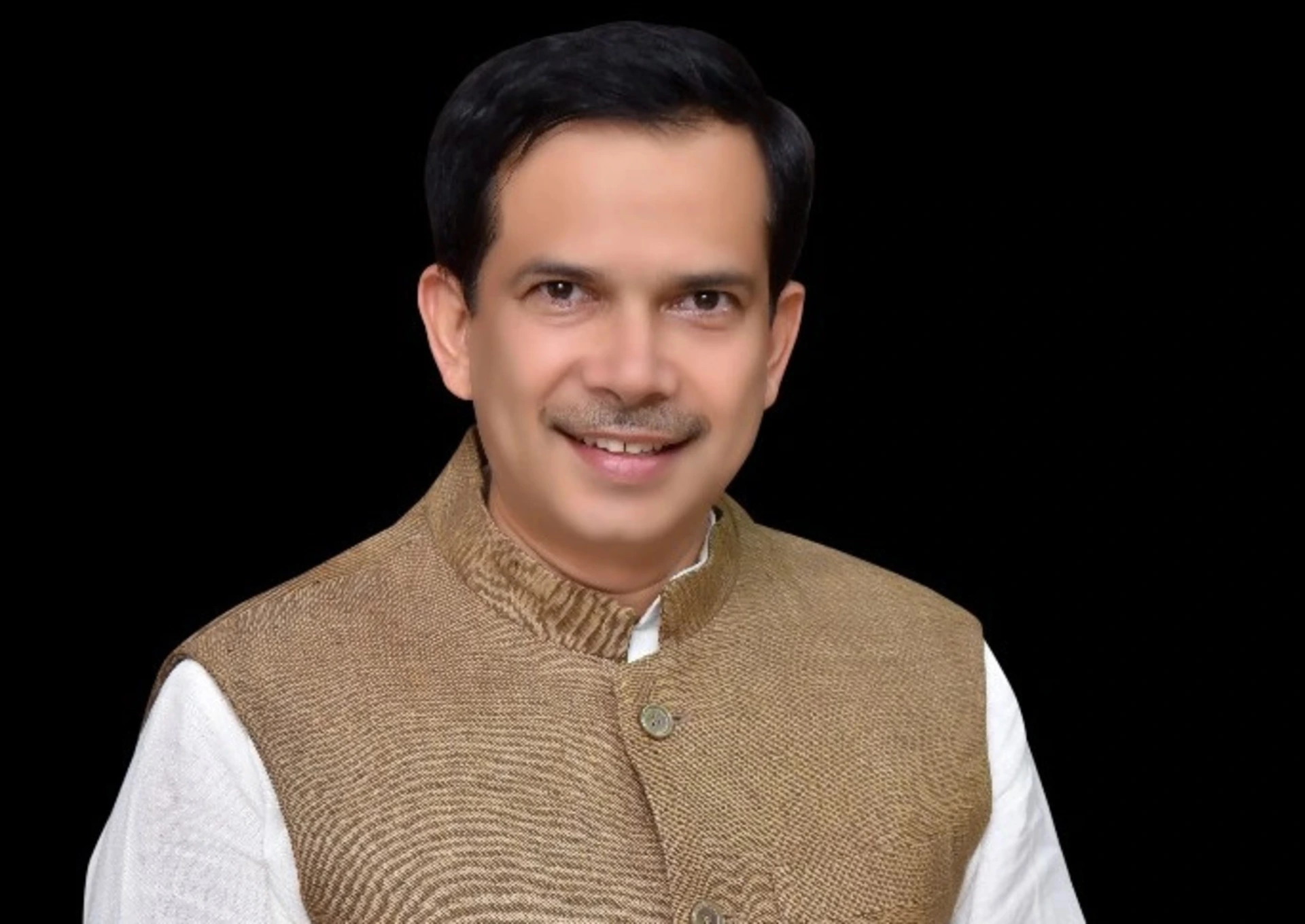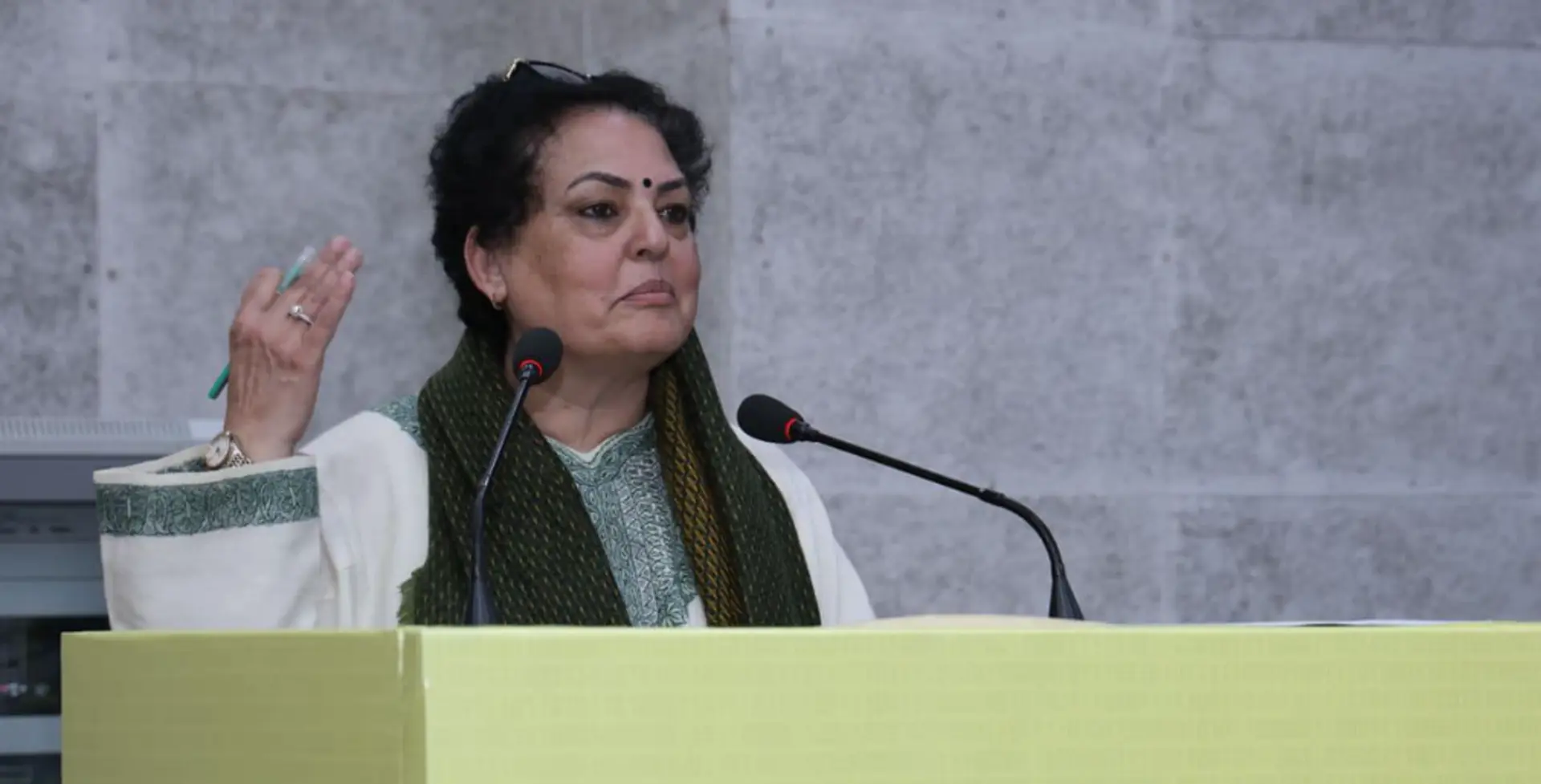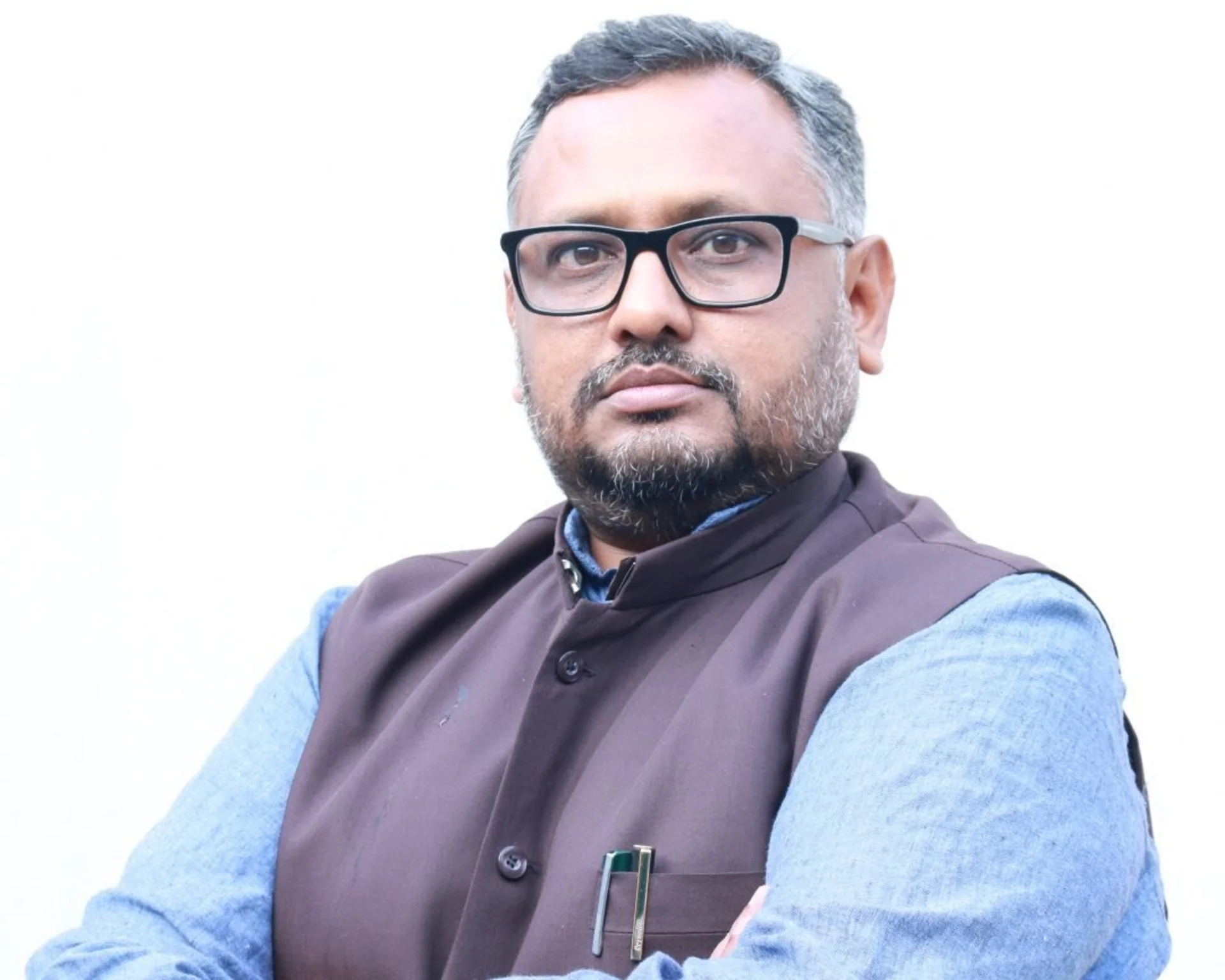
India’s greatest national treasure is our youth. We have the largest youth population in the world that is poised to increase further in the coming decade. Every third person here is a youth and set to experience a dynamic transformation as the population burden of the past turns into a demographic dividend.
Investing in youth development is the key to building a better future for any nation. The values, education and health of youth directly influence the social and economic indicators of countries and shape its global standing. Empowering the youth involves providing them with the necessary resources, opportunities, and support to realize their full potential and contribute positively to society.
Today, every fifth person in India is an adolescent (10-19 years) and every third – a young person (10-24 years). Investing in this cohort is the best way to leverage the nation’s competitive advantage, its demographic dividend. To realize the dynamism of this population group, it is imperative to understand the realities of young India. To optimally tap their constructive and creative energies, there is a need to provide them – Right Health & Nutrition, Right Education, Right Value System and Right Linkages.
In the pursuit of building a bright and empowered future for the youth of India, the Government has undertaken a series of ambitious initiatives focused to transform education and nurturing Talent. Supplementary Nutrition prioritized in Aspirational districts and areas with high malnutrition burdens and Health Check-ups conducted for students under Rashtriya Bal Swasthya Karyakram (RBSK).
The health of youth is of critical importance, as young people are the most important building blocks of a society. Although India has made tremendous advances in science, medicine, information technology and many other fields, and has experienced unprecedented economic growth over the past decade, facing a looming epidemic of noncommunicable diseases (NCDs) among youth. The NCD amongst young is a significant public health problem. NCDs are especially important for young people, now and in the future which is clear by the fact that 6 out of 9 Global Targets for NCDs 2025 include young people.
Noncommunicable diseases (NCDs) are one of the biggest public health challenges of the 21st century. The social and economic impact of NCDs is threatening progress towards sustainable development. It is important for youth to understand NCDs and their risk factors. Most of the NCD risk factors are behaviourally acquired which are due to change in lifestyle during adolescent age groups. Our youth are often targeted by companies advertising unhealthy food, tobacco, or alcohol use, and many grow up today in environments that are not favourable to adopting healthy lifestyles, such as participating in sports and balanced and healthy diet. Market forces promote junk foods, sugar sweetened beverages (SSBs), tobacco, and alcohol.
Prime Minister Shri Narendra Modi says, "A great strength of sports is that it protects the youth from many evils. Sports strengthen willpower, increase concentration, and keep our focus clear. Be it drug traps or addiction to other substances; the players stay away from all this. Sports also play a big role in personality development."
Young people have the capacity to add value to solutions for NCDs. As part of the emerging ‘New Power’ crowd, young citizens are more empowered and enthused to participate in shaping their everyday lives, including health, than generations before. Youth have a right to the highest attainable standard of health and well-being.
There are four broad pillars to address NCD amongst youth are –
• Regular and excessive consumption of foods high in salt, sugar and fat leads to obesity and is a risk factor for diabetes, high blood pressure and heart diseases.
• Physical fitness is not only one of the most important keys to a healthy body, but also the basis of dynamic and creative intellectual activity.
• Mental stress has a major influence on our mood, our sense of well-being, behavior, and health. Chronic stress is linked to poor health couple with increase in smoking, substance use, accidents, sleep disorders and eating disorders.
• Balanced diet is essential for proper growth and development, and to remain active. Balanced diet is a wholesome diet which provides adequate proportions of essential nutrients from all food groups (carbohydrates, fats, proteins, vitamins, minerals, and water) necessary to maintain good health. It provides adequate intake of both macronutrients and micronutrients, proper regulation of metabolic processes, and maintenance of an optimal body mass.
Tips to achieve balanced diet- ‘Eat Healthy’ and Eat Safe’ to engage, excite and enable our youth to improve their health and well-being.
• Eat variety of foods to ensure a balanced diet.
• Include differently coloured, seasonal vegetables and fruits in your diet.
• Eat foods made with whole grains like whole wheat bread, millets, and brown rice.
• Include low fat dairy products in the diet.
• Ensure moderate use of edible oils and animal foods, limit the use of ghee/ butter and avoid Vanaspati/margarine/shortenings.
• Limit the consumption of processed grains including foods made with white flour (Maida) etc.
• Minimize the use of processed foods rich in fats, sugar and salt (avoid trans fats).
• Avoid overeating to prevent overweight and obesity.
• Drink plenty of water and take beverages in moderation.
• Exercise regularly and be physically active to maintain ideal body weight.
• Ensure the use of safe and clean foods.
We cannot afford to neglect their well-being and allow our youth to face Non communicable disease. The cost of NCD to our youth in terms of health, productivity and economic development is tremendous. To reduce the impact of NCDs, the next generation needs to be involved in recognizing and changing the conditions that favour these diseases.















